The beginning of any new business is an exciting time filled with checklists, research, and fulfilling long-time goals. It’s also a time of uncertainty when guidance can be the biggest asset of all. You’ll be balancing start-up anxieties with the excitement of reach major business milestones.
If you’re thinking about starting an event venue business or recently opened your doors, make sure you’ve taken the important steps to ensure your stability and secure your future growth. A strong foundation for your business will serve you well in the crucial first year when many businesses fail to meet owner expectations.
Research the Market Needs
Your first step, as in any business venture, should be researching the needs of your intended market. For an event venue, you should examine the following factors:
Existing venues and the services they include
Available property and real estate prices
Venue needs of individual in your area
Pricing goals
Funding and investor availability
You’ll want to make sure you’ve familiarized yourself with the market you’ll be tapping into before you set anything in stone. Consider reaching out to professional trade associations like the National Association for Catering and Events. These organizations offer a network of support and resources that can inspire your decisions and prevent you from taking common missteps.
Establish Your Business Structure
Once your research phase is complete, it’s time to formally establish yourself by picking a business structure to suit your needs and goals. It’s important to pick a structure that works for you because the structure of your business determines factors like taxes, liability, and other general guidelines. The most common business structure for event venues include sole proprietorships, partnerships, and LLCs (Limited Liability Companies).
Sole Proprietorship
Sole proprietorships allow you complete control over the business while including income on your personal tax filings. Though this is the easiest business structure to form, it’s also the one that leaves the owner the most liable to legal and financial hardships. In a sole proprietorship, your personal assets and business assets are one in the same, meaning that debt collectors can take your money right along with your business assets.
Partnerships
Partnerships offer a little bit more security for business owners when you have an available partner. You can choose between a limited partnership or a limited liability partnership depending on how you’d like to split your resources and financial responsibilities. In a limited partnership, one partner assumes the majority of the risk. With a limited liability partnership, both partners assume the same risks and are afforded asset protection.
Limited Liability Company (LLC)
An LLC can work for a sole owner and multiple partners. LLCs extend financial protection to all members and allow for a differentiation in personal and business income. While you do have to pay self-employment tax, you can include income on your personal tax filings.
Purchase a Location
Once you’ve structured your business, it’s time to purchase an event venue. Armed with the research you’ve already conducted, choose a property that can meet the needs of your clientele without exceeding what you know you can manage.
Make sure to factor in things like the age of the building, potential upkeep, existing amenities, and actual usable space for events. Picking a versatile space will allow you to diversify your event packages to include more than just weddings or trade shows.
Identify Your Services
With your property purchased, you’ll be able to firmly establish the services to be included in rental packages. If you have a kitchen, decide what kind of catering services you’re comfortable providing. Have multiple spaces? Decide how many are feasible for renters to secure and how much to offer for their combined use.
It’s also a good idea to decide how many events you’ll reasonably be able to host at one time. You might be able to run two or three events when it comes to size, but make sure you have the resources available like staff and even furniture to make it happen.
Secure Your Licenses
Depending on the services you choose to offer your clientele, you’ll need to make sure you secure the corresponding licenses and permits. If you plan on serving alcohol, you’ll need to apply for a liquor license. The same goes for serving food. You’ll need a permit if you’re planning on offering your own catering and should plan for regular inspections.
In addition to food and liquor licenses, make sure to check your county’s rules for noise ordinances and building capacity. You don’t want to run into a situation where you’ve rented out your building to too many guests or agreed to play music past the allowable time.
Track Your Income and Expenses
The most important step in starting any business is keeping track of your cash flow and your assets. To get the most out of your investments, you’ll have to do more than simply list your expenses and add up your profits.
An optimum accounting system will include regular transaction reviews along with tracking your assets and depreciating them when necessary. You’ll want to list major assets like your building, furniture, computers, kitchen equipment, and any audio-visual purchases you’ve made. While you’re likely to make most of these purchases in the beginning of your first year, you’ll want to include them in yearly financials.
By keeping a close eye on your finances, you can achieve true understanding of how your business performs throughout the year, helping you make future business decisions down the road, making all your hard work worth it.

